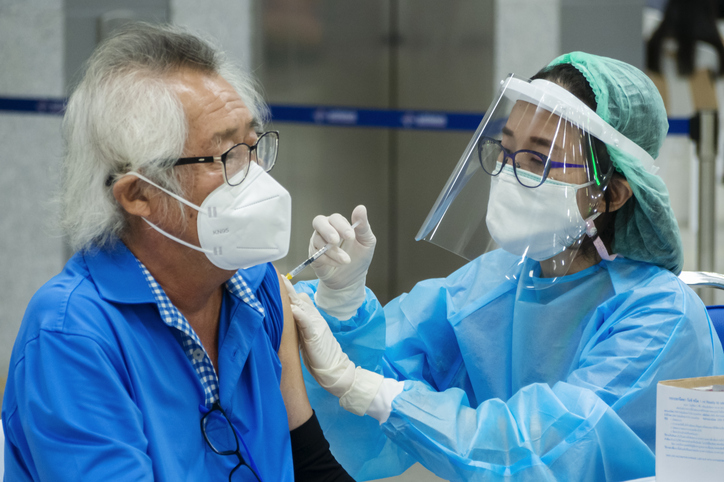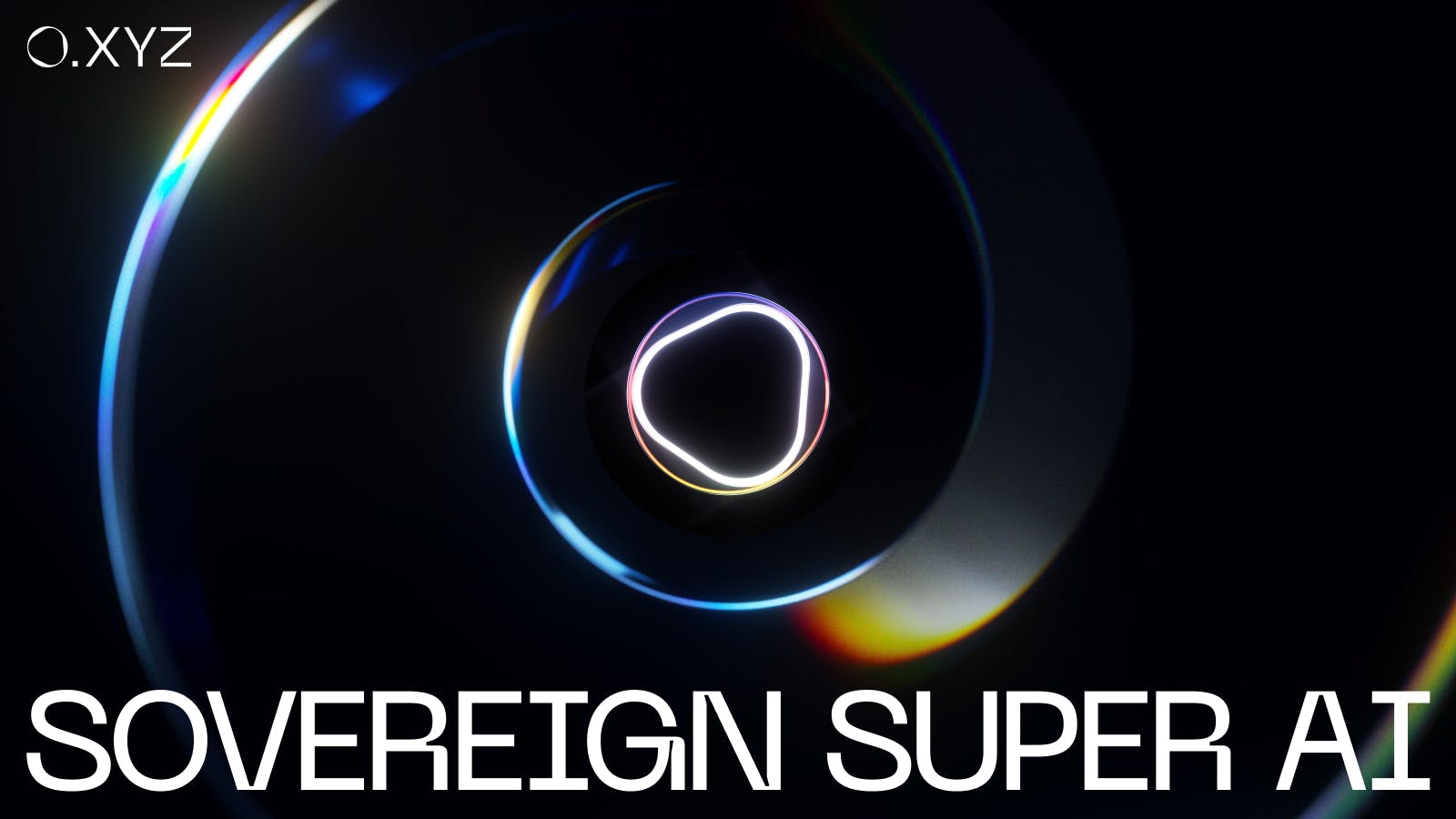Universities may be better equipped than technology companies to implement artificial intelligence in healthcare systems, a leading digital health figure has said.
“I think there’s a unique opportunity in academic medicine to harness what’s happening in research and innovation and put it into play in the health system very quickly,” said Philip Payne, chief health AI officer at Washington University in St Louis’ department of medicine.
While companies like Google and IBM, as well as countless start-ups, may be increasingly investing in AI healthcare solutions, a key challenge for these corporations is accessing both patients and data.
In contrast, the St Louis-based institution has two teaching hospitals and is one of the top recipients of funding grants and contracts from the National Institute of Health, a government agency responsible for biomedical and public health research.
ADVERTISEMENT
“We also have a really, really sizeable healthcare delivery enterprise and, in many ways, that’s sort of our living laboratory,” Payne said.
Crucially, he continued, access to patient networks allows medical academics working on AI solutions in the US to “evaluate these technologies” and measure clinical outcomes in a way that technology companies are unable to do on their own.
ADVERTISEMENT
In comparison to the evaluations undertaken by companies, which often focus on technical feasibility, “we can measure things like clinical outcomes, quality, safety, value [and] improvement in patients’ lives,” he said.
However, he added, this work needs to be done in tandem with technology companies. “I’m not naive,” he said. “A lot of the talent that is necessary to build these technologies is in tech companies and so one of my roles as the chief health AI officer is to build those relationships.
“We have something to offer them – the real-world environment to find out if their technologies have impact, and they have something to offer us, which is unique access to talent and capabilities. And when you put those two things together, they are far superior to either of us working on our own.”
Some of the biggest opportunities for AI to impact healthcare are the “less glamorous” ones, he said, such as clinical documentation.
ADVERTISEMENT
“In the modern clinical environment, our doctors spend more time documenting on the computer than they do talking to patients,” he said. At the university’s hospitals, they have begun trialling using AI to listen to patient encounters and produce documentation in real time.
According to Payne, early studies suggest the time doctors spend documenting patient meetings has reduced from between seven and eight minutes to below 30 seconds.
“That’s a huge step forward because what we’re really doing is using AI to move the computer out of the way and actually allow patients and providers to talk to each other.”
Other US medical schools have also begun implementing AI in healthcare education, including the University of Texas at San Antonio, where a dual-degree programme introduced in 2023 combines AI with medicine.
ADVERTISEMENT
Key to the success of applying AI to healthcare is being able to swiftly “move research out” of the laboratory, Payne said.
“It’s a little bit different than the way we often think about research where time scales may be in years or even decades. So, one of the things we have to figure out how to do is speed that up.”
ADVERTISEMENT
helen.packer











